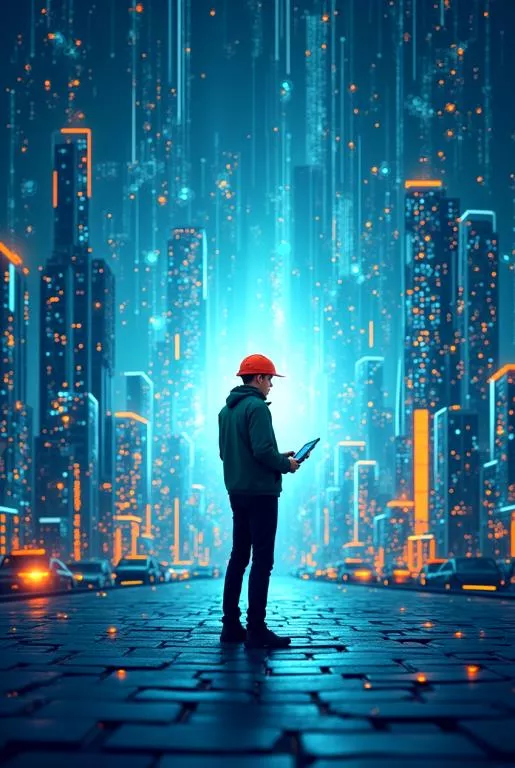Once limited to writing code and fixing bugs, today's developers are now architects of intelligent systems and automation.
AI-powered development tools—such as GitHub Copilot, Tabnine, and Replit—assist developers by auto-generating code, suggesting improvements, and detecting bugs early. These tools increase productivity, reduce human error, and help teams move from idea to execution faster than ever before.
However, this evolution doesn’t mean developers are being replaced. On the contrary, their roles are expanding. Developers are now responsible not only for writing code but also for understanding machine learning concepts, managing AI models, and ensuring ethical and secure implementation of automated systems.
As the demand for AI-integrated applications grows, so does the need for developers to upskill in areas like data science, natural language processing, and cloud deployment. Companies that invest in developer training and adopt smart tools are likely to see major performance gains.
In summary, the role of a software developer is no longer static—it's dynamic, multidisciplinary, and more critical than ever in shaping the future of technology.

